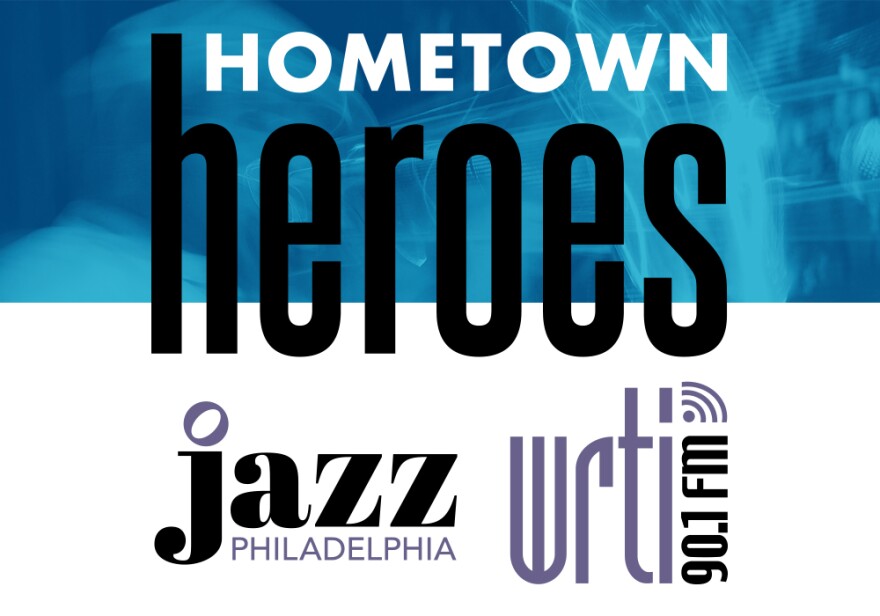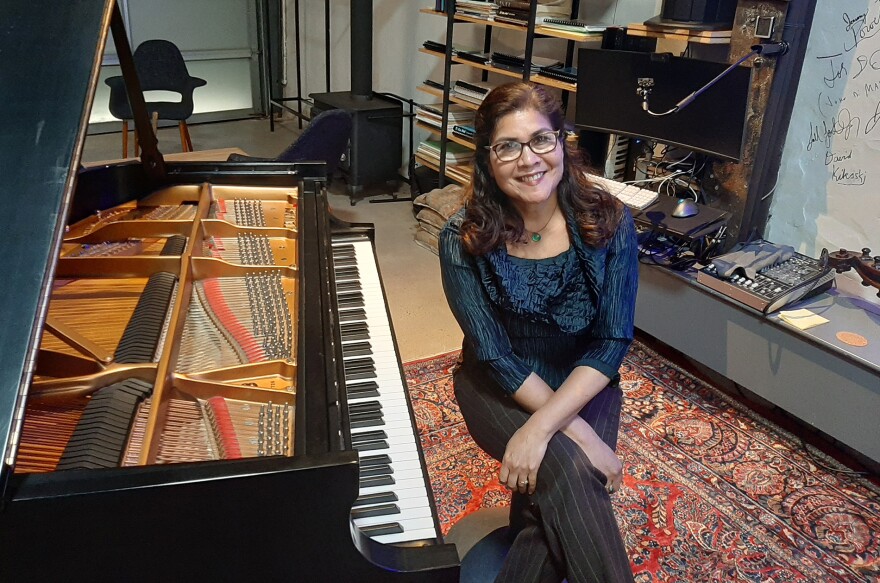When she was awarded a New Jazz Works grant from Chamber Music America in 2019, pianist/composer Sumi Tonooka found herself inspired by the root systems of trees; above ground they may appear self-sufficient, tall and majestic, but hidden underground there is often an intricate network of shared resources, not just within a single species but beyond the greater ecosystem.
“I thought that would be an interesting metaphor for how communities work,” Tonooka says. “I was thinking a lot about women supporting one another as artists and as friends, and of the people that have helped carry me through my life.”
The planned premiere of Tonooka’s piece was postponed, one of countless casualties of the COVID pandemic. But the delay has given her time to pause and expand the concept to encompass unfolding events, such as the Black Lives Matter protests of 2020 and their echoes of her own parents’ radical politics of the 1960s.
The idea of roots nurturing a community has also resonated with the pianist’s return to her native Philadelphia in late 2017 after decades away, first in New York and later Seattle.
“On the one hand, I never left,” Tonooka explains, “in the sense that my family stayed here and I’d come back and forth quite a bit. But it took my being away to really give me a different perspective on Philly and the East Coast in general. Philadelphia has, and has always had, a very vibrant jazz scene—in the sense of the people that make the music. The economics of it is a whole other thing, but the creation and vitality of the music is about the people. And I’ve seen it happen generation after generation.”

In more recent years that’s manifested itself as much through Tonooka’s work in the city’s educational system as through her own playing, as she’s taught gifted young players at the Kimmel Center and the University of the Arts. But she’s also continued to broaden the horizons of her own music by bridging the worlds of jazz and classical music as she does with Alchemy Sound Project, a collective of adventurous, genre-defying composer/instrumentalists.
Tonooka herself learned firsthand from some of the music’s most legendary artists, traveling to Harlem to study with pianist Mary Lou Williams and being tested on the bandstand—while confronting even harsher lessons about being a woman in the male-dominated jazz scene—through touring with drummer Philly Joe Jones while still a teenager.
She enjoyed a long tenure working with bassist Rufus Reid and collaborated for more than three decades with Philly violinist John Blake Jr., including a life-changing tour of West Africa raising money for children orphaned by AIDS. Exemplifying the generation-spanning reach so central to jazz, Tonooka’s trio now includes Blake’s son, drummer Johnathan Blake.
Her own recording career as a leader was launched in 1990 by With an Open Heart, with more recent work including the solo outing Now and the quartet album Initiation, with Reid, saxophonist Erica Lindsay, and drummer Bob Braye.
The hiatus necessitated by the coronavirus has not only given Tonooka the time to pause and assess those accomplishments, but also what she values in her music going forward.
“Creatively, the whole experience of Covid has made me really think what time I have left,” she explains. “If Covid has taught us anything, it’s just how fleeting life can be. No one really knows how much time they have, but at this point I’m entering the autumn stage of my career, and what’s most important to me is trying to be authentic, not just in my work but to myself.”

